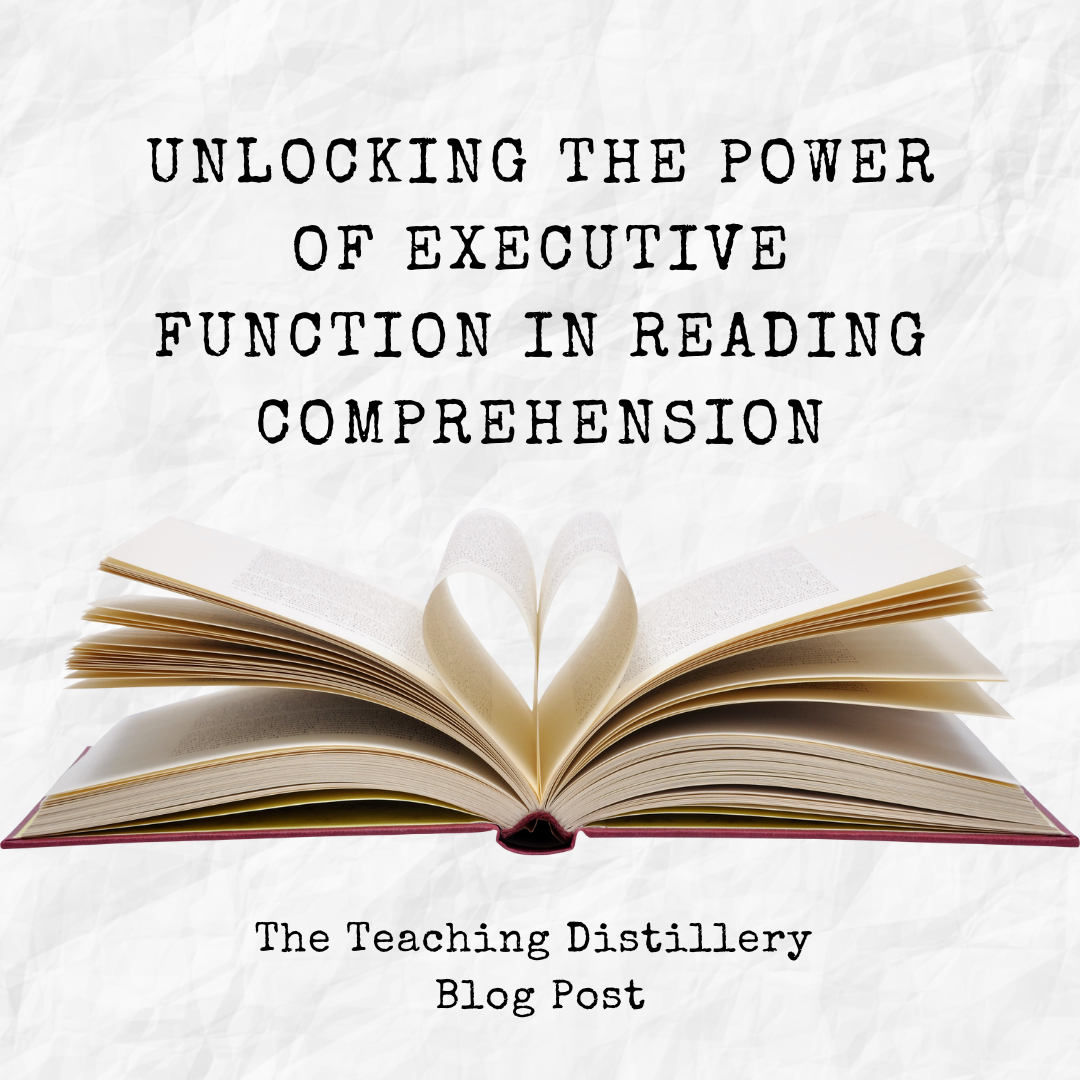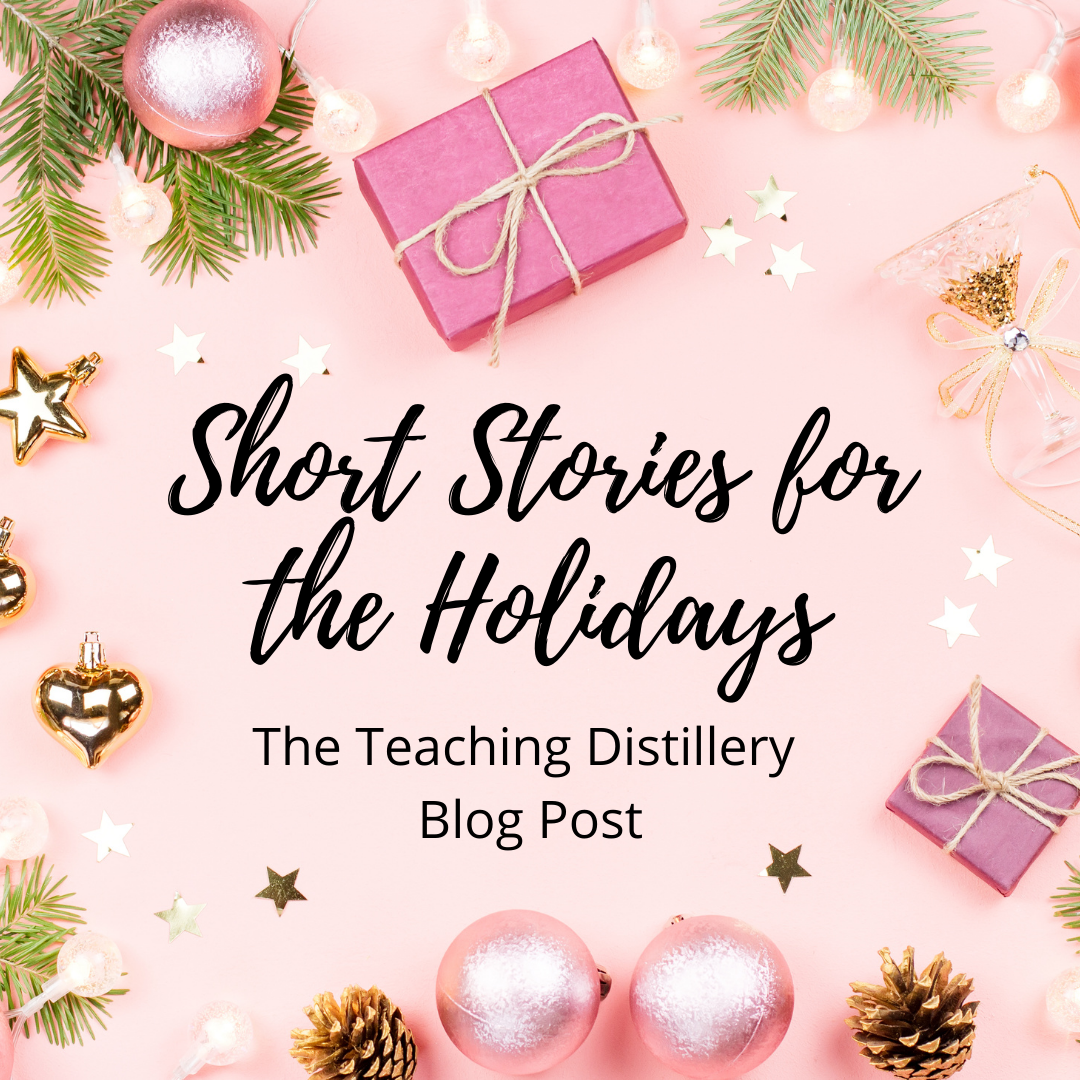Last year I stumbled across Canva’s new AI feature called Code for Me. I was already using Canva to make slides and handouts, but this tool has completely changed how I build games for my classroom. No coding background, no extra apps, just a few lines of plain-English prompting, and suddenly I have interactive games my students actually ask to play again.
Read MoreOur classrooms are made up of amazing, beautiful, and diverse students. Therefore, we feel that our curriculum should reflect that same diversity. The stories we read, the texts we share, the videos we watch, the images we use within our lessons should all act as mirrors and windows for our students.
Read MoreHave you ever wondered why some students struggle with reading comprehension, despite having strong word reading skills? The answer lies in the fascinating world of executive functioning. This cognitive powerhouse plays a pivotal role in learning, particularly in the realm of successful reading comprehension.
Read MoreFan fiction is fictional writing written by a fan. Usually, fan fiction writing is based on an existing work of art such as a fictional novel, movie, TV show, comic book…you get the idea. If you have never heard of fan fiction, we can almost guarantee you that your students have. Many of our students are avid readers and writers of fan fiction.
Read MoreA quick, insightful review of Smart Teaching, Stronger Learning, a short book on ten science-backed ways students learn best. It challenges traditional teaching habits and highlights chapters on metacognition, integrating knowledge, and debunking neuromyths—helping educators teach smarter and align practice with proven learning research.
Read MoreDiscover how Classroomscreen transforms classroom management with powerful widgets, free educator tools, and Canva integration for stunning templates.
Read MoreA highly qualified, well versed teacher with high expectations for students has the biggest impact on student learning and progress. When students are in classes with teachers who have high expectations and know that all students can succeed, those students perform leaps and bounds above students who have teachers that, for whatever reason, just don’t have those same high expectations.
Here are some highly effective teaching practices that show high expectations of students:
Read MoreLooking for short stories your middle schoolers will actually enjoy? This blog highlights four highly engaging short story bundles—perfect for students who love horror, crave plot twists, or want to see diverse voices represented. Each resource is print-ready, standards-aligned, and guaranteed to spark discussion and critical thinking in your ELA classroom.
Read MoreIt’s that time of year again…December. Such a hard month to engage students when they are so excited for the festive holidays and winter break. December and May are the hardest months to teach, but at least May offers an end in sight. Alas, we are in the midst of December yet again.
Read MoreWe love this time of year. The air grows crisp and cold and sweater weather is in full effect. It is also when we begin our unit on the Charles Dickens’ classic, A Christmas Carol. If you are anything like us, you have started to decolonize your curriculum. We have put serious thought into the texts we use for our teaching and have made sure that we no longer cling to texts that only represent the white dominant culture. You may be asking, well then, why are you teaching A Christmas Carol?
This year we have focused on the theme of systems and power. We got the idea from Matthew R. Kay’s Book, Not Light But Fire. We have been trying to center each of our units of study with the frame: “How are systems created and defined? How do systems shape the world? What is the role of the individual in systems?” We have discussed the ideas of systems in history, and A Christmas Carol is a great intro into these systems when it comes to English Language Arts.
Read MoreTeachers and educators face overwhelming workloads, trying to accomplish numerous tasks with limited time and energy. Students spend only 12 percent of their lives each year in school, yet there is external pressure to do it all, from implementing new initiatives to meeting testing standards. This workload can negatively impact both teachers and students.
To address this issue, it's essential to accept the limitations of time and energy and focus on two critical ideas:
Read MoreDiscover how to design engaging microlearning activities for busy classrooms. Bite-sized lessons boost student focus, retention, and joy!
Read More









